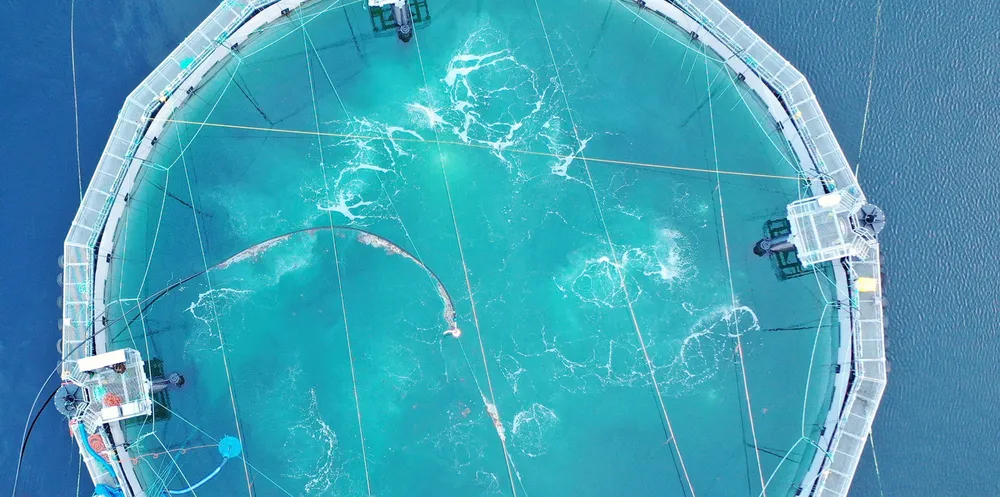Cermaq Canada begins trials for semi-closed containment salmon farming system
The trial is the first of its kind in Canada, but the system has been successfully trialed in Norwegian waters by Cermaq Norway.

The trial is the first of its kind in Canada, but the system has been successfully trialed in Norwegian waters by Cermaq Norway.
